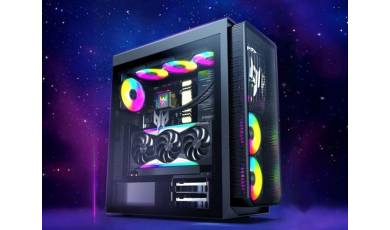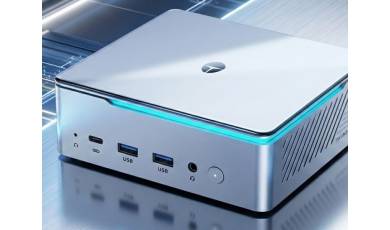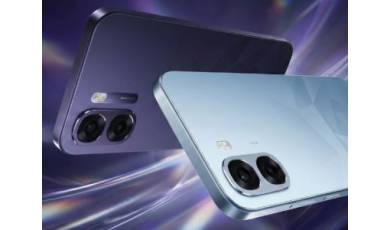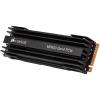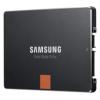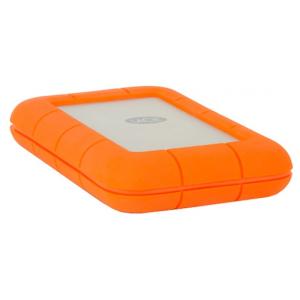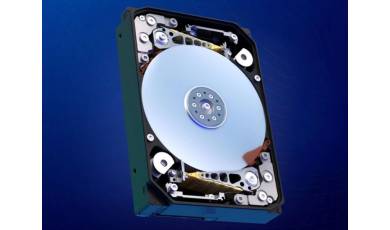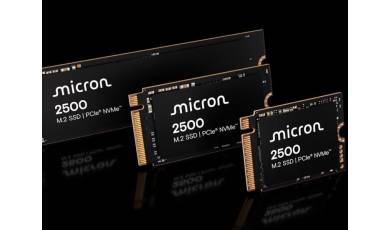Lacie 9000490 specs.
SSD Specs >> LaCie >> Lacie 9000490| Specifications | | | Reviews |
General characteristics Lacie 9000490
Line:
Rugged Thunderbolt
Type:
SSD
Support sectors 4K:
yes
The purpose:
external
Form factor HDD:
2.5"
The number of HDD:
1
Drive specifications Lacie 9000490
Volume:
250 GB
Read speed:
387 MB
Interface Lacie 9000490
Connection:
USB 3.0, Thunderbolt
External data transfer rate:
1250 MB/s
Additionally Lacie 9000490
Dimensions (Shudh):
89x24x140 mm
Weight:
280 g
Reviews, Questions about Lacie 9000490
Write Review / Ask a question about Lacie 9000490
Popular today
Storage Capacity: 1 TB; Encryption Standard: 256-bit; Maximum Read Transfer Rate: 4950 MB/s; Maximum Write Transfer Rate: 4250 MB/s; Endurance (TBW): 1800 TB; Wireless LAN: No; Drive Interface: PCI Ex...
Ruler: SSD Series PM841; Type: SSD; Support 4K: yes; Purpose: laptop; Form factor HDD: 2.5"; Volume: 256 GB; Connection: SATA 6Gb/s; External data transfer rate: 600 MB/s; MTBF: 1500000 h; Power ...

